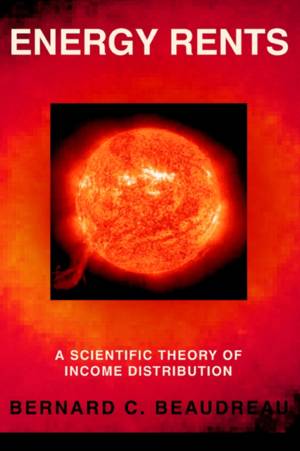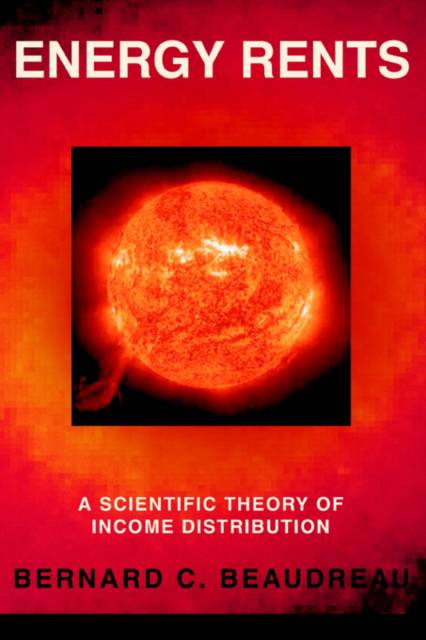
- Afhalen na 1 uur in een winkel met voorraad
- Gratis thuislevering in België vanaf € 30
- Ruim aanbod met 7 miljoen producten
- Afhalen na 1 uur in een winkel met voorraad
- Gratis thuislevering in België vanaf € 30
- Ruim aanbod met 7 miljoen producten
Zoeken
€ 22,45
+ 44 punten
Omschrijving
The concept of energy rents was first introduced in 1998 (Energy and Organization, Growth and Distribution Reexamined), when it was used to analyze income distribution in U.S. manufacturing in the post-WWII period. It was argued that rents resulting from the growing use of electric power in manufacturing were shared by the owners of labor and capital in the form of higher wages and profits. In this work, the energy rents approach to income distribution is examined in greater detail-historically, theoretically, and empirically. The result is a compelling theory of income distribution, one that is not only timely given recent technological developments in the field of smart manufacturing, but one that is consilient with the pure and applied sciences in general, and with mechanical engineering in particular. Lastly, an attempt is made to analyze ancient mythology through the prism of energy rents, again in the name of consilience.
Specificaties
Betrokkenen
- Auteur(s):
- Uitgeverij:
Inhoud
- Aantal bladzijden:
- 156
- Taal:
- Engels
Eigenschappen
- Productcode (EAN):
- 9780595372003
- Verschijningsdatum:
- 20/10/2005
- Uitvoering:
- Paperback
- Formaat:
- Trade paperback (VS)
- Afmetingen:
- 152 mm x 229 mm
- Gewicht:
- 235 g

Alleen bij Standaard Boekhandel
+ 44 punten op je klantenkaart van Standaard Boekhandel
Beoordelingen
We publiceren alleen reviews die voldoen aan de voorwaarden voor reviews. Bekijk onze voorwaarden voor reviews.











